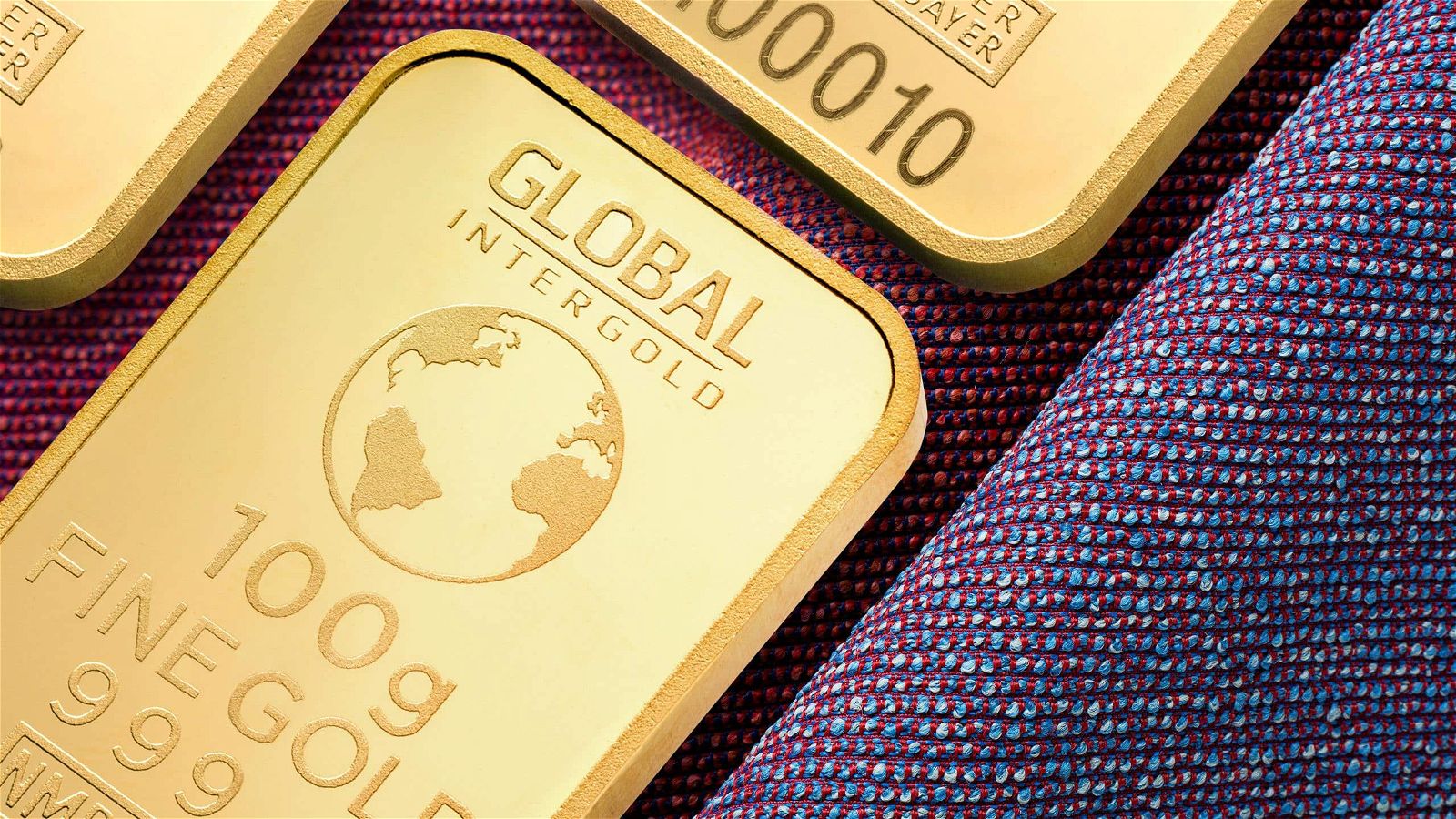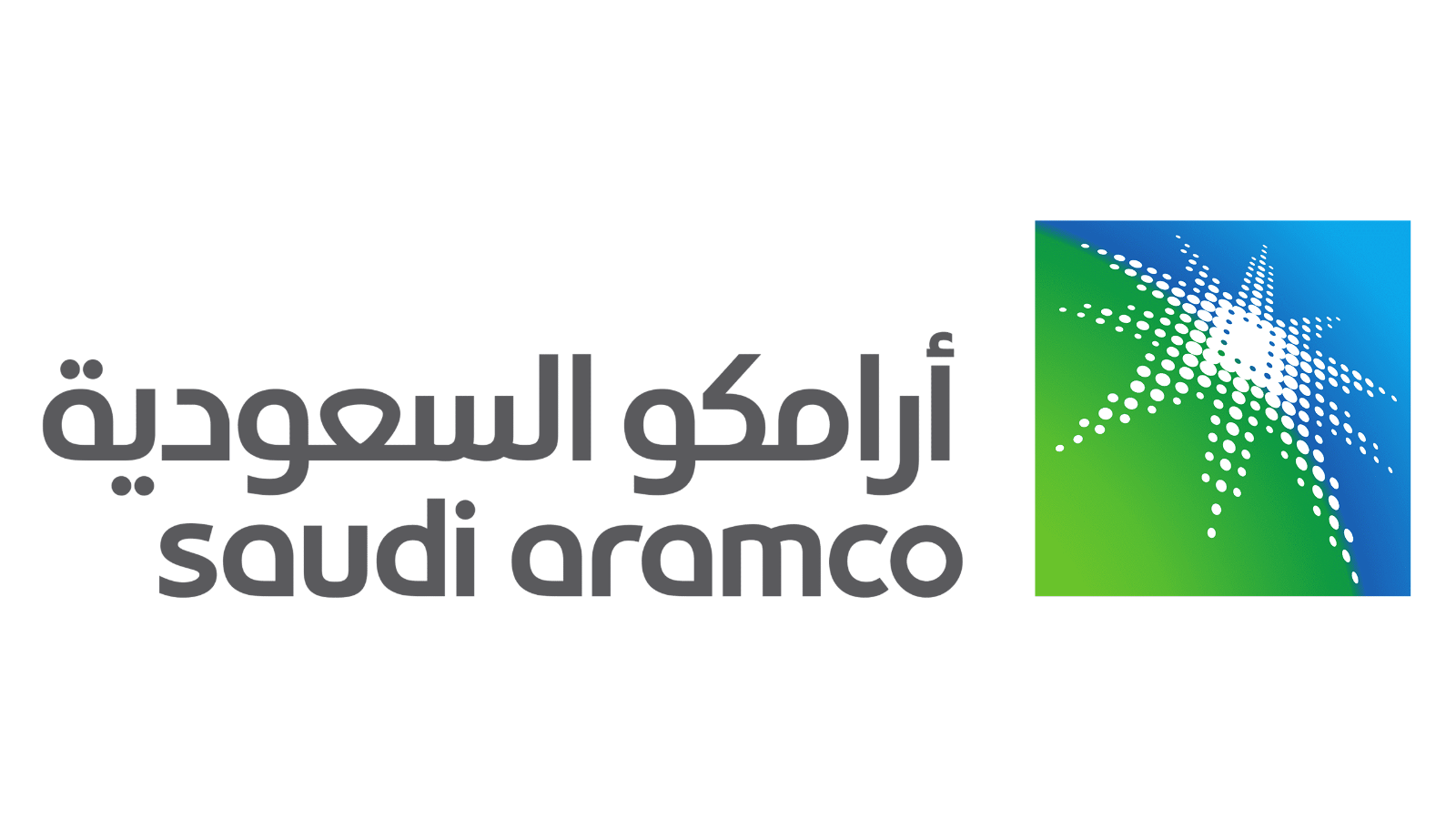Bitcoin Climbs to 9th in Global Asset Rankings – Discover the Top 8 Leaders

In a defining moment for digital currencies, Bitcoin has ascended to an unprecedented position, now ranking 9th in the global asset rankings, especially after its new all-time high (ATH) surpassing the $73,000 mark. As investors and enthusiasts watch this historic ascent, it’s crucial to explore the broader implications of Bitcoin’s rise and understand the global assets occupying the top eight positions.
This update sheds light on the evolving landscape of global assets, where traditional financial stalwarts and innovative digital assets coalesce to redefine wealth and investment in the 21st century.
Bitcoin moves to the 9th position among global assets
Bitcoin’s meteoric rise to prominence has now culminated in a groundbreaking achievement. Additionally, it secured the 9th position among the world’s most colossal assets. Furthermore, this showcases a staggering market capitalization exceeding $1.322 trillion. At the time of writing, this cryptocurrency exchanged hands at $67,386.46, making it one of the most highly valued assets of all time.
This monumental milestone is far from just a numerical feat. It represents a paradigm shift in the perception and acceptance of cryptocurrencies on a global scale. Historically perceived as volatile and speculative digital assets, cryptocurrencies, with Bitcoin at the helm, have now emphatically demonstrated their value and resilience in the ever-evolving financial landscape.
The ascension of Bitcoin above industry giants, including tech titan Meta, is not merely symbolic but marks a significant realignment within the investment and financial domains.
This shift is reflective of Bitcoin’s maturing ecosystem, characterized by enhanced regulatory clarity, increased institutional adoption, and a burgeoning infrastructure that supports both retail and institutional investors.
Top 8 global assets preceding Bitcoin
Here are the top global assets, according to CompaniesMarketCap, that come right before Bitcoin. Take a look:
1. Gold
 Exploring gold as a global asset – Image via Pexels
Exploring gold as a global asset – Image via Pexels
Gold has been a symbol of wealth and a significant investment vehicle for centuries. Its appeal lies in its ability to serve as a hedge against inflation, provide portfolio diversification, and act as a safe haven during times of economic uncertainty. These make gold the top global asset.
Unlike equities and bonds, gold is viewed as a tangible asset with intrinsic value due to its scarcity, durability, and the various applications it has in industries such as jewelry and electronics.
Key attributes of gold investments
- Diversification: Gold historically has had a low correlation with other financial assets like stocks and bonds, making it an effective tool for portfolio diversification. Its price often moves inversely to the stock market, providing balance in times of market volatility.
- Inflation protection: Over time, gold’s value has been observed to increase in line with inflation rates, helping investors maintain their purchasing power.
- Currency debasement hedge: In situations where a country’s currency is weakening, gold can serve as a hedge, protecting the investor’s wealth from eroding due to the falling value of the home currency.
Market presence and impact
Gold, with a market value of roughly $14.56 trillion as of March 2024, stands as a titan in the global asset market. Traded physically or via exchange-traded funds (ETFs), its enduring appeal stems from its status as a safe haven investment.
Currently, gold is traded at $2,169 per ounce. Gold’s role in investment portfolios is multifaceted, providing both stability in turbulent times and potential for wealth preservation over the long term. Its characteristics as a diversifier and a tangible asset with finite supply make it a unique component of a well-rounded investment strategy.
2. Microsoft Corporation
 Unveiling Microsoft Corporation – Image via Microsoft
Unveiling Microsoft Corporation – Image via Microsoft
Microsoft Corporation, founded by Bill Gates and Paul Allen on April 4, 1975, is an emblematic figure in the tech industry, recognized globally for its significant contributions to personal computing, enterprise software, cloud computing, and more. The company stands as a pillar in the information technology sector, with its products and services reaching customers worldwide.
Key product segments
- Productivity and business processes: This includes the Microsoft Office Suite (Word, Excel, PowerPoint, etc.), which serves both commercial and consumer segments, SharePoint, Microsoft Teams, Office 365 Security and Compliance, and consumer subscriptions. LinkedIn and Microsoft Dynamics are also part of this segment. Also, it offers business-oriented social media services and intelligent cloud-based applications for various business operations.
- Intelligent cloud: Azure, Microsoft’s flagship cloud computing platform, stands as the world’s second-largest cloud service, holding about 23% of the global market share in 2023. This segment also includes SQL Server, Windows Server, Visual Studio, System Center, and GitHub.
- More personal computing: The Windows Operating System, which has been fundamental to Microsoft’s success, the Xbox gaming console, Surface devices (laptops, tablets, and interactive whiteboards), HoloLens, and PC accessories fall under this category.
Market presence and impact
Microsoft, boasting a market cap of around $3.159 trillion as of March 2024, is an important global asset. Their ubiquitous Windows operating system and Office suite hold dominant positions in the PC market, while their Azure cloud computing platform fuels innovation across industries.
This widespread presence translates into significant impact, shaping how businesses operate, how individuals work, and how information flows in today’s digital world.
3. Apple Inc.
 Unveiling Apple as a global asset – Image via Apple
Unveiling Apple as a global asset – Image via Apple
Apple Inc. is a cornerstone in the realm of technology, embodying innovation and design excellence across a wide range of consumer electronics, software services, and online platforms.
Founded by Steve Jobs, Steve Wozniak, and Ronald Wayne, Apple has transformed from a garage startup into a global technology behemoth known for its significant contributions to the personal computer revolution and the popularization of the graphical user interface.
Key products and services
- Consumer electronics: Apple’s product lineup includes the iPhone, iPad, Mac, Apple Watch, AirPods, Apple TV, and the HomePod, among others. Each product has played a pivotal role in shaping the tech landscape and consumer preferences worldwide.
- Software services: The company offers a broad spectrum of software services. Moreover, this includes the iOS, iPadOS, and macOS operating systems, which serve as the foundation for its hardware products.
- Online services: Apple also provides a variety of online services, such as the App Store, Apple Music, Apple TV+, and iCloud, facilitating a seamless digital ecosystem for its users.
Market presence and impact
Apple’s influence extends far beyond its financial achievements, which include a market capitalization of $2.67 trillion, annual revenue of $385.71 billion, and a share price of $173 as of March 2024. These make Apple an important global asset.
The company’s innovative products and services have not only set industry standards but also fostered a loyal customer base and influenced countless other technology firms. Apple’s approach to product design, marketing, and retail has redefined expectations and established new benchmarks for success in the tech industry.
4. NVIDIA
 NVIDIA’s contribution to the global economy – Image via NVIDIA
NVIDIA’s contribution to the global economy – Image via NVIDIA
NVIDIA Corporation, an American multinational technology company, is a pioneer in the graphics processing unit (GPU) industry. The company was founded by Jensen Huang, Curtis Priem, and Chris Malachowsky.
The company specializes in the design and manufacture of GPU chips for gaming, professional visualization, data centers, and automotive applications, as well as system-on-a-chip units (SoCs) for mobile computing.
Key products and innovations
NVIDIA’s product portfolio is extensive and diverse, catering to various sectors such as gaming, professional visualization, data center, and automotive markets. Here are some of its key products:
- GeForce: NVIDIA’s GeForce series of GPUs cater primarily to the consumer market, particularly PC gaming, video editing, and 3D rendering. The GeForce line is recognized for delivering high performance and is favored by gamers worldwide.
- Quadro and Tesla: Aimed at professionals in design, visualization, and data centers, these GPUs offer specialized computing power necessary for high-end rendering and computational tasks.
- Tegra: Tegra processors are designed for mobile devices, including smartphones, tablets, and automotive infotainment systems. They integrate CPUs, GPUs, and other key components into a single chip.
- DGX Systems: These are AI supercomputers featuring NVIDIA’s powerful GPUs designed to accelerate deep learning and AI research.
- NVIDIA DRIVE: This platform is tailored for the automotive industry, supporting the development of autonomous driving technology.
Market presence and impact
NVIDIA has established itself as a leader in the GPU market. Moreover, it commands a significant share and innovates the field of computer graphics. Currently, NVIDIA’s market capital stands at 2.198 trillion, with each NVIDIA share standing at $879.44.
Its GPUs are not just central to gaming but also play a critical role in areas requiring significant computational power, such as artificial intelligence, deep learning, and scientific computing.
5. Saudi Aramco
 Understanding Saudi Aramco – Image via Saudi Aramco
Understanding Saudi Aramco – Image via Saudi Aramco
Saudi Aramco, officially known as the Saudi Arabian Oil Company, is one of the world’s leading integrated energy and chemicals companies. Based in Dhahran, Saudi Arabia, Aramco is state-owned and primarily focuses on the exploration, production, refining, distribution, and marketing of oil, the world’s most important energy source.
Saudi Aramco holds a pivotal role in global energy production. It has the world’s second-largest proven crude oil reserves and is the largest exporter of petroleum. Its activities include exploring, producing, refining, and selling oil and natural gas. The company’s operations span the globe, making it a cornerstone in the energy sector.
Key products
- Crude Oil: The backbone of its product line, pivotal for global energy supply.
- Natural Gas: A significant player in both the production and processing of natural gas, catering to global energy and chemical markets.
- Petrochemicals: Produces a wide range of petrochemical products, contributing to the manufacturing of everyday goods.
- Refined Products: These include gasoline, diesel, and aviation fuels distributed globally.
- Liquefied Natural Gas (LNG): Engaging in LNG projects to diversify its energy portfolio and meet global energy demand.
Market presence and impact
As of March 2024, Saudi Aramco’s market capitalization stands at $2.067 trillion. Moreover, this makes it the world’s fifth most valuable company by market cap. At the time of writing, the share price of Saudi Aramco stood at $8.33. This staggering valuation underscores Aramco’s significant impact on the global energy sector with its vast oil reserves and production capabilities.
The company’s operations contribute extensively to the global supply of crude oil. Also, its financial performance and strategic decisions have far-reaching implications for energy prices, market dynamics, and the transition towards sustainable energy sources. Aramco’s influence extends beyond the energy sector, affecting economies, environmental policies, and geopolitical strategies worldwide.
6. Amazon
 Unveiling Amazon – Image via Amazon
Unveiling Amazon – Image via Amazon
Amazon, founded by Jeff Bezos, has evolved from a humble online bookstore into a global powerhouse in e-commerce, cloud computing, digital streaming, and artificial intelligence. Amazon’s expansive operations serve customers worldwide, emphasizing its mission to be the most customer-centric company.
The company has expanded into various sectors beyond online retail. Moreover, this includes Amazon Web Services (AWS), digital content through Amazon Prime Video, and smart devices like Amazon Echo and Kindle.
Key products and services
- Amazon Prime: Offers subscribers multiple benefits, including expedited shipping, streaming, and more.
- AWS: A leader in cloud computing services, providing a wide range of infrastructure services.
- Kindle E-readers: Revolutionized the way people read with their digital e-book devices.
- Echo & Alexa: Smart speakers and a voice-controlled assistant that have changed how we interact with our homes.
- Fire Tablets and TV: Amazon’s own line of tablets and streaming devices.
Market presence and impact
Amazon reported a staggering revenue of $574.8 billion, with a net income of $30.4 billion. These factors contributed to Amazon’s reputation as a global asset. Moreover, it reflects its significant impact on the global market. At the time of writing, Amazon’s share price stood at $175.78.
The company boasts a workforce of approximately 1.525 million people, underscoring its role as one of the largest employers globally. Its market capitalization stands at $1.876 trillion, highlighting Amazon’s colossal presence in the global economy.
7. Alphabet (Google)
 Google’s parent company Alphabet’s contribution – Image via Google
Google’s parent company Alphabet’s contribution – Image via Google
Alphabet Inc. became Google’s parent company through a strategic restructuring in 2015. Moreover, it is an American multinational conglomerate that has expanded its reach across multiple sectors and industries. Furthermore, it includes technology, health care, and transportation.
This company is led by CEO Sundar Pichai and supported by founders Larry Page and Sergey Brin as controlling shareholders.
Alphabet Inc. was created to provide a more organized structure to Google and its various subsidiaries. Additionally, this enables each entity to focus on its specific innovative projects with the autonomy to pursue new technological advancements and business opportunities. This restructuring aimed to make Google’s operations “cleaner and more accountable.”. Also, it fosters the growth of its other ventures under the Alphabet umbrella.
Key products and services
- Google Search and Advertising: The core of Google’s business, offering unparalleled search capabilities and a robust advertising platform.
- Android: The world’s most popular mobile operating system, powering billions of devices worldwide.
- YouTube: A leading platform for video sharing and content creation, offering diverse content to users globally.
- Google Cloud: Provides a suite of enterprise-level cloud computing solutions to businesses and governments.
- Waymo: An emerging venture in autonomous driving technology aiming to revolutionize transportation.
Market presence and impact
With a market capitalization of $1.786 trillion and a revenue of $307.4 billion in fiscal year (FY) 2023, Alphabet has cemented its position as a leading force in the global technology sector. As of March 2024, the share price of Alphabet stood at $144.34.
It operates in over 500 cities and employs more than 182,502 individuals. Moreover, this reflects its vast operational scale and influence across the tech landscape.
8. Silver
 Exploring silver as the 8th largest global asset – Image via Unsplash
Exploring silver as the 8th largest global asset – Image via Unsplash
Silver, a valuable asset in both the precious metals and industrial markets, is poised for significant developments in 2024. Here’s a detailed overview based on current insights and analyses:
Silver’s dual role as an industrial and monetary metal places it at the intersection of various economic, industrial, and investment dynamics. Its high electrical conductivity and reflectivity make it indispensable in numerous applications. However, its value as an investment asset aligns closely with trends in the broader financial and commodities markets.
Key products and services
- Photovoltaics (solar energy): Silver’s crucial role in solar panel manufacturing drives significant industrial demand.
- Electronics: Its excellent electrical conductivity underpins its widespread use in electronic components.
- Jewelry and silverware: Silver’s aesthetic appeal keeps it in demand in the jewelry and silverware sectors.
- Investment products: Silver coins, bars, and other investment vehicles remain popular among investors seeking exposure to precious metals.
- Automotive industry: The growing incorporation of electronic components in vehicles and investment in electric vehicle (EV) infrastructure support silver demand.
Market presence and impact
In 2024, silver’s market dynamics are influenced by a complex interplay of supply and demand factors. At the time of writing, the market capitalization of silver stood at $1.149 trillion. These factors make silver an important global asset.
Despite facing headwinds from high interest rates and US dollar strength, the global demand for silver is expected to reach 1.2 billion ounces, near the second-highest level on record, driven by strong industrial offtake and investments in green energy transition technologies.
The price of silver has experienced volatility, recently trading around $25.22 an ounce as per the latest futures data. Moreover, it reflects the ongoing economic uncertainties and monetary policy adjustments.
Wrapping up
As we look beyond Bitcoin’s achievement, the top 8 leaders in the asset rankings continue to exemplify the diversity and strength of the global financial system. These rankings illuminate the multifaceted nature of value in today’s world. Additionally, they highlight a spectrum of assets that range from tangible commodities to digital innovations.
In the wake of Bitcoin’s historic climb, the financial landscape stands on the cusp of transformation. Finally, it promises new opportunities and challenges as we navigate the complexities of a rapidly changing world.








![[LIVE] Engage2Earn: auspol follower rush](https://cdn.bulbapp.io/frontend/images/c1a761de-5ce9-4e9b-b5b3-dc009e60bfa8/1)




































